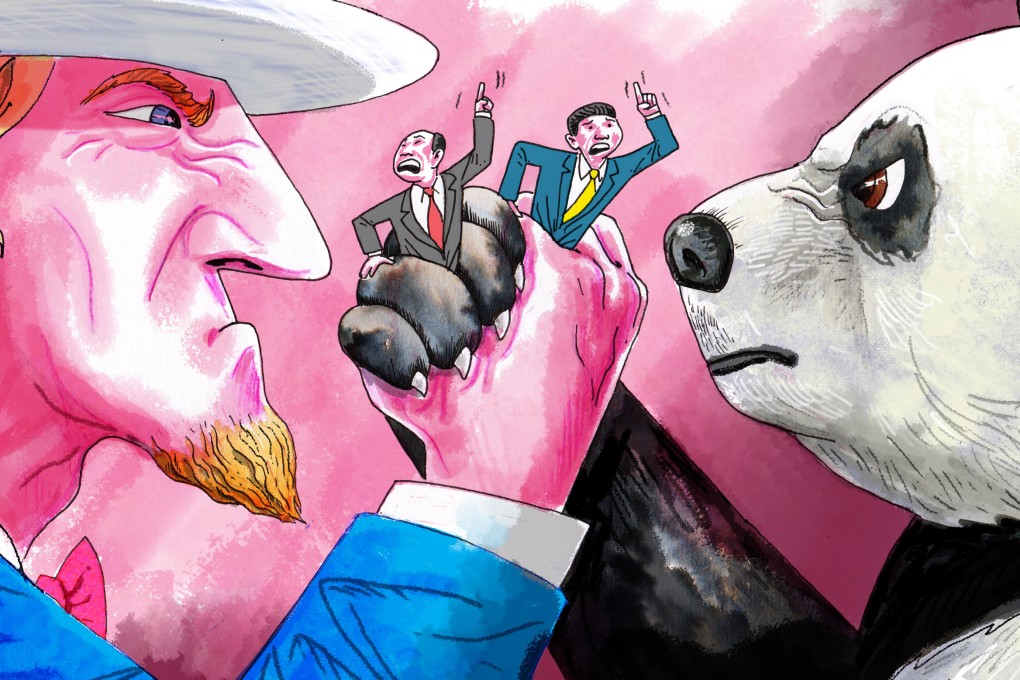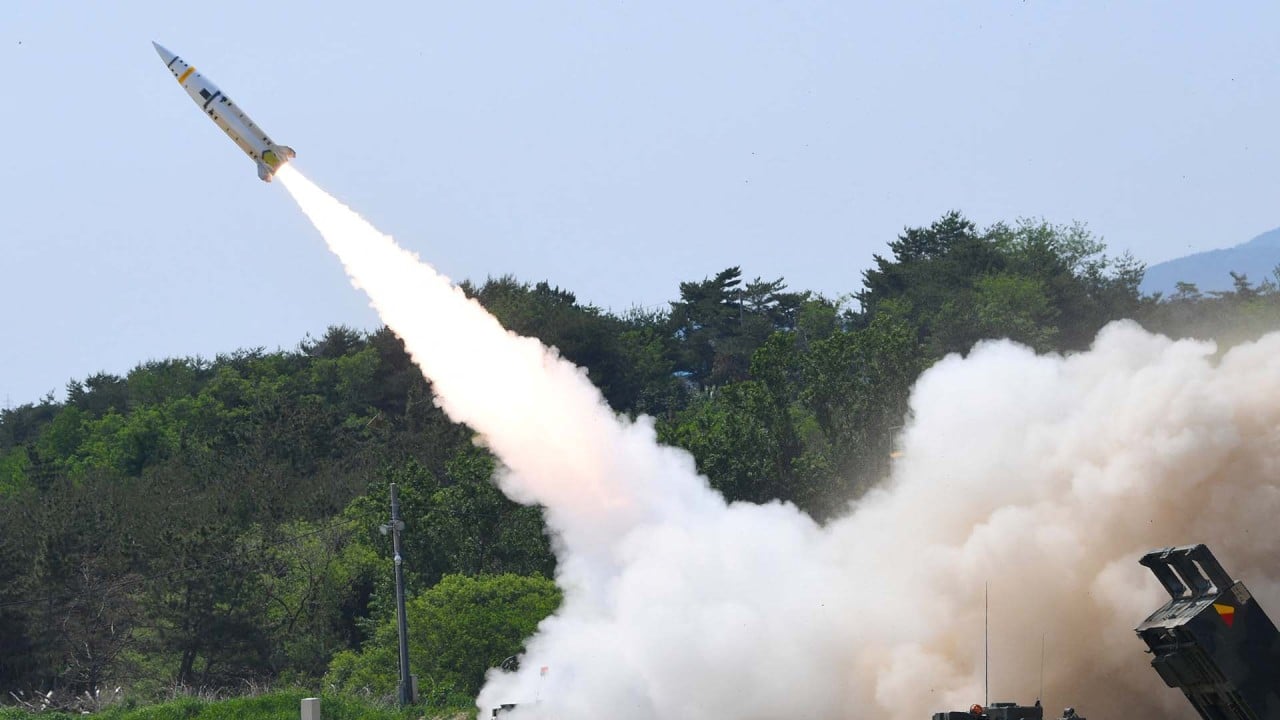Opinion | As US-China rivalry intensifies, Beijing must deploy more than economic muscle in Asia
- Countries that economically or militarily depend on both powers are in increasingly difficult positions
- China can better pursue its interests with these countries by increasing face-to-face interactions and strengthening human relations

More Asian countries will be caught in this kind of bind as the rivalry between China and the US unfolds. But despite growing pressure at home and abroad, policymakers in Seoul and other Asian capitals oppose being forced into binary choices. They are striving for a third way that preserves a degree of neutrality and allows for continued cooperation with both powers.
This was the key takeaway from our recent visits to Seoul and Singapore, the Asia leg of a global engagement tour by the Centre for China and Globalisation that also included stops in Berlin, Brussels, New York, Paris and Washington.
In Singapore and South Korea, we met scholars, business leaders and diplomats to take the temperature of local politics and share views on global issues. These visits also went some way towards reviving in-person interactions with Asian countries after a two-year hiatus.


